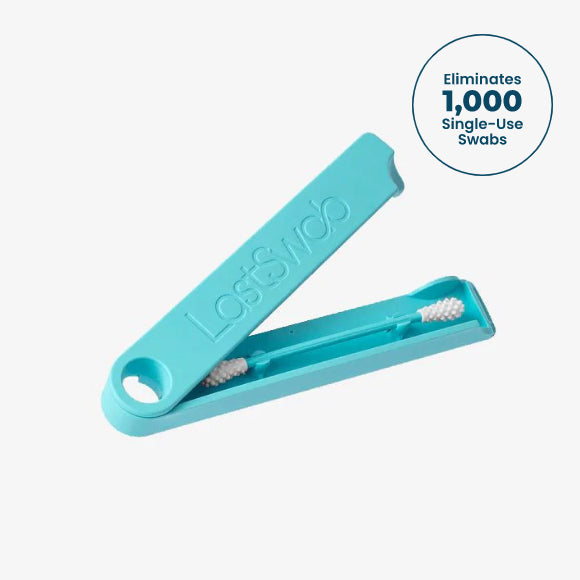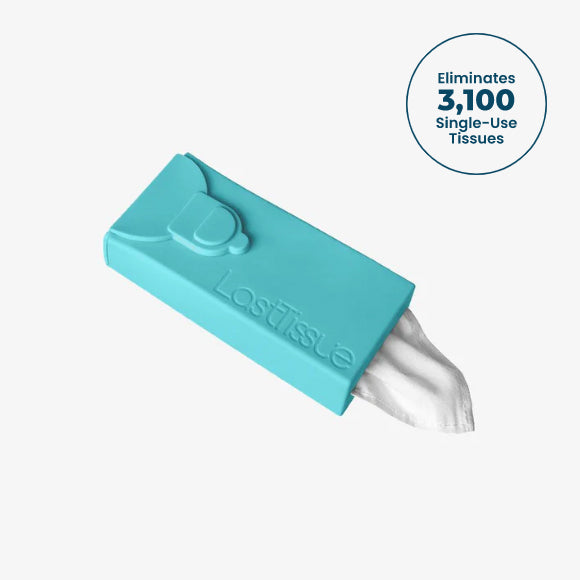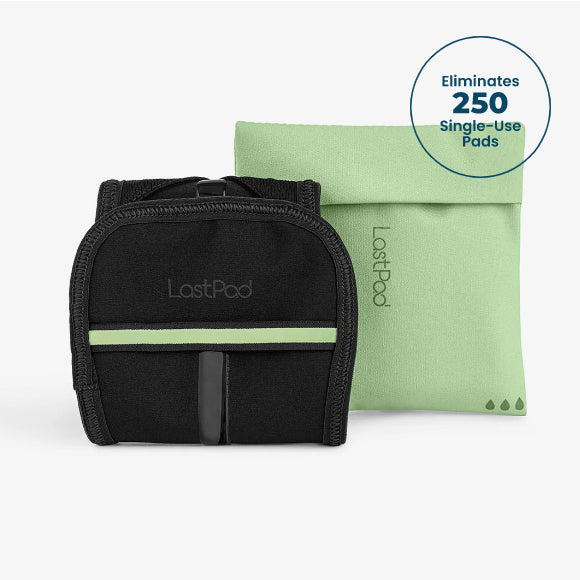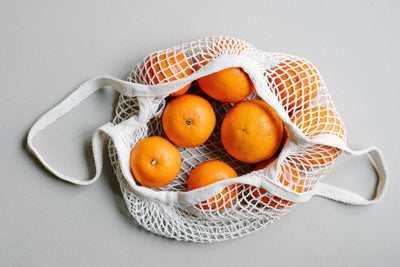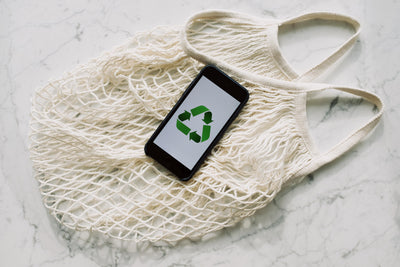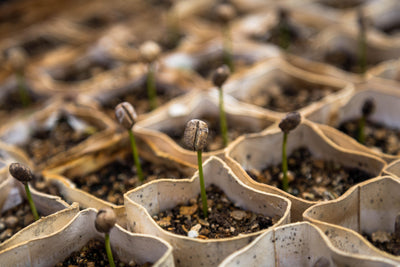Zero Waste Travel: How Should You Organize Your Trip?
August 26, 2021Traveling is one of life’s great joys. Whether it’s a cross-country train ride or a flight to an exotic locale, journeying to new places comes with anticipation and excitement. However, going on holiday can also generate a lot of waste. The transport itself, what you pack, what you buy and where you go, all affect how much pollution you produce. In that regard, the following article explores the topic of zero waste travel.
It’s perfectly reasonable to ask whether it’s even possible to fly zero waste at all. Can you really go on holiday without causing a net pollution increase? That’s a long shot. The same principle of living a zero-waste life applies here. The goal is to limit your footprint as much as possible.
This is certainly achievable, as the following article will demonstrate. Read on to discover the best ways to reduce a carbon footprint while traveling.
Do Your Research And Plan Ahead

Thorough planning is the cornerstone of successfully traveling in a zero-waste fashion. This means taking into account every aspect of your holiday. Let’s take a look at each of the key areas to research in turn.
Choose Eco-Friendly Accommodation
The first thing to do is identify eco-friendly accommodation for your stay. This has been made easier recently by the creation of eco-conscious booking portals. These websites aid travelers in finding green hotels and B&Bs. Try sites such as bookdifferent.com. They provide useful calculations on the carbon footprint you'll likely create with specific lodgers.
Plan How To Get To Tourist Attractions By Bike Or Using Public Transport
Look into the tourist attractions that you’ll want to visit while on holiday. Plan how to get to them in as green a manner as possible. It goes without saying that the best ways of doing this will be by walking or cycling. They will give you a chance to see the local scenery while also getting some exercise. That’s not to mention their completely pollution-free nature.
If you need to go further afield, however, check public transport routes for the area. This is a much more sustainable way of traveling than car hire, for example.
Research The Recycling Options Of Your Target Destination
Find out what the local rules and approaches to recycling are. There will almost certainly be infrastructure and facilities in place. Make sure that all the waste that you produce which can be recycled is recycled.
You should be able to get some help in this area from the accommodation providers. Hotels, for example, often have their own in-house recycling systems. Ask the management for the details about this when you check in. Then you can put out recycling every day (or however often they collect it). Similarly, if you’re renting an apartment, speak to the owner. They’ll be more than happy to give you information about the local collection policies and timings.
Check If There Are Zero Waste Stores
Spend a bit of time locating zero waste stores or bulk food shops in your destination. This can help you avoid buying non-sustainable or single-use products. Taking a reusable container to a bulk food store or a farmers’ market is a great way of avoiding packaging waste. They are also great sources of fresh ingredients and help support the local economy.
Second-hand stores are also useful if you need more or even less clothes. Purchasing and donating at such stores avoids contributing to textile waste. Always bring reusable bags, rather than purchasing single-use plastic ones, wherever you shop.
Pack Your Suitcase Smartly

What you take with you on your holiday dramatically affects your carbon footprint. The following suggestions can help you keep this as low as possible.
Pack Lightly: Use A Travel Carry-On Only
The lighter you travel the greener your holiday. This is because the heavier your luggage, the larger the payload of the vehicle you travel on. A bigger payload means more fuel needs to be used, which results in more pollution. Accordingly, only take what you’ll really need. A few changes of clothes appropriate for the destination’s climate should suffice.
Using your carry-on bag only also means less waste and less waiting. This is because you circumvent checking-in your baggage, and the paper tags this process entails.
Avoid Plastic When Packing Your Belongings
Single-use plastic is causing enormous damage to the environment. Don’t take such items with you on holiday, where possible. As a general rule of thumb, it’s better to buy reusable items that are made sustainably. And there are reusable alternatives for anything you could want to take.
Look into getting water bottles made from sustainable materials, for instance. Likewise, you can get reusable cutlery and straws.
Bring A Bamboo Toothbrush
This tip builds on the last point. Plastic toothbrushes don’t biodegrade. So, when you’re finished with them, they just end up in landfills. Avoid contributing to this by getting bamboo toothbrushes. These can then be composted once they reach the end of their life.
Take Personal Care Products In Reusable Containers
Many people place their personal care products in plastic bags. But it’s far more sustainable to use reusable containers. They have the added advantage of being more secure so you can reduce your carbon footprint and benefit from the extra protection for your items as well.
Take Reusable Personal Care Products With You
Numerous ecosystems, including our oceans, are being harmed by single-use personal care waste. You can help to curtail this by purchasing reusable items instead. LastObject has developed an exciting range of products in this niche.
- LastSwabs are cotton swabs that can be used over 1,000 times.
- LastTissues are reusable tissues, which can be reused more than 520 times (per tissue).
- LastRounds are long lasting reusable cotton rounds that are good for at least 250 uses (per round).
These sustainable alternatives can help you avoid causing huge amounts of plastic waste.
Transit
Go Paperless
These days most transport providers have developed apps for smartphones and tablets. This technology allows you to download digital tickets and boarding passes, which saves paper. In doing so, you’re reducing the amount of pollution and deforestation that you contribute to.
Choose To Carbon Offset Your Flight When Flying
Many airlines, such as Delta and United, are now offering the chance to carbon offset your flight. This means that the amount of carbon your flight creates is removed from the atmosphere. Offsetting is achieved through means such as planting trees or preventing deforestation. It costs more but will result in a carbon neutral or negative flight.
Avoid Airplane Food
Another trick to reduce your carbon footprint is to avoid eating food provided by the airline, especially for short flights. Airline food is always wrapped in excessive amounts of plastic. Rather, bring organic food in reusable containers to snack on where possible.
After The Arrival
Always Remember The 5 R’s
The 5 Rs are key to sustainable living. They are reduce, reuse, repair, rot, recycle. This is as true on holiday as it is at home. Reduce your consumption, particularly of non-sustainable items. Reuse everything you can for as long as you can. Repair anything that breaks rather than replace it. Rot or compost waste material, where possible. And lastly, recycle what you can’t reuse or repair.
Carry Reusable Cups And Utensils With You
Bring your reusable cup and bamboo utensil set with you as you on your adventures. This will prevent you from having to use single-use items. Make sure to ask your barista to put your drinks in your own cup as you order.
Try Local Street Food
Purchasing food from local street vendors has a range of benefits. Firstly, vendors tend to buy their ingredients locally. Locally sourced ingredients produce less greenhouse gasses because of the minimized transportation requirements. There’s no better way of getting to know the local dishes as well. In addition to this, you’ll also be supporting the local economy.
Don’t Buy Food In Plastic Packaging
This has been mentioned already, but it’s important enough to bring up again. Avoid purchasing any food in plastic packaging while on holiday. Take reusable containers with you, and prepare snacks before you go out for the day. While out, if you need more food, buy fresh food rather than packaged bites to eat.
Avoid Unnecessary Purchases
Don’t give in to the temptation of buying unnecessary stuff while on holiday. This will dramatically increase your waste output. Rather, spend your money on experiences. Visit amazing sites and attractions. These are the things that make a holiday special, as opposed to an accumulation of more souvenirs.
Enjoy Your Zero Waste Travel!
Now you know the fundamentals of zero waste travel. Just remember that zero waste is not a perfect practice. The most important thing is to reduce your waste as much as you possibly can. This only gets easier with practice and experience.
New zero-waste approaches to travelling are also continuously being developed. As such, try to keep abreast of these advancements and incorporate them into your plans in the future. Happy traveling!
MORE Going Zero Waste ARTICLES View all ›
Ready to make
the switch?
- Powerful Cleaning
- Dissolves Easily
- Skin-Friendly
- Eco-Friendly
- No Mess







